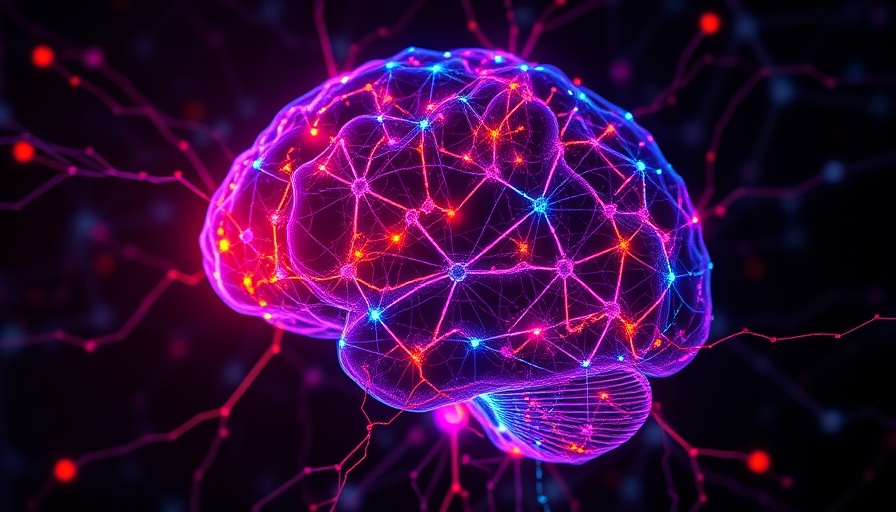
Revitalizing New Thought Philosophy: A Necessary Evolution
The New Thought movement, rooted in the late 19th century, emphasizes the power of thought and belief in shaping our reality. However, as we stand on the brink of a new era, it appears that a significant update to this philosophy is long overdue. With recent advancements in neuroscience, we now recognize that the relationship between thought and emotional states is far more complex than previously understood. This evolution in understanding urges us to re-examine our teachings and make room for compassion in the context of mental health.
Understanding the Mind: More Than Thoughts Alone
The essence of New Thought has often been summed up in the idea that "you can’t be depressed unless you first think depressing thoughts." This assertion, however, has been challenged by contemporary neuroscience, which suggests that many forms of depression stem from biological and chemical imbalances rather than mere thought patterns. This shift in understanding invites us to empathize with those who struggle with mental health issues, acknowledging that their experiences may not solely arise from their mindset but also from physiological factors beyond their control.
Integrating Neuroscience with Metaphysical Teachings
To foster an inclusive and supportive environment, practitioners within the New Thought community must embrace the findings of neuroscience and integrate them into current teachings. As Tracy Cochrane emphasizes, our minds are designed to continuously interpret our experiences through a lens of emotions—both positive and negative. Recognizing the limitations of thought alone can lead to a more nuanced and compassionate understanding of reality, promoting healing rather than perpetuating stigma.
Engaging with the Complexity of Human Experience
The new approach to mental health within New Thought encourages dialogue around neurodivergence and the variety of experiences individuals may have. Authors like Devon Price highlight the necessity of understanding behavioral contexts, reminding us that every person’s experience is unique and deeply influenced by their underlying neurological makeup. Therefore, teaching should focus on the adaptability and resilience of the human spirit while also emphasizing a compassionate awareness of the different contexts from which individuals operate.
The Call for Action: Mindfulness in Teaching
As we move forward, it is crucial for New Thought practitioners to engage in mindfulness when disseminating teachings. Emphasizing inner transformation should not overshadow the importance of acknowledging external pressures and biological influences on mental well-being. By adapting our strategies to include these factors, we foster an environment where progressive spiritual thinkers can feel validated and empowered.
In conclusion, as we redefine New Thought philosophy, let’s not shy away from its complexities. It’s time to embrace a holistic perspective that considers both our thoughts and our biology. The dialogue surrounding these developments should also instigate a wider conversation about how we can create spaces for healing and understanding in our communities.
 Add Row
Add Row  Add
Add 




 Add Row
Add Row  Add
Add 


Write A Comment